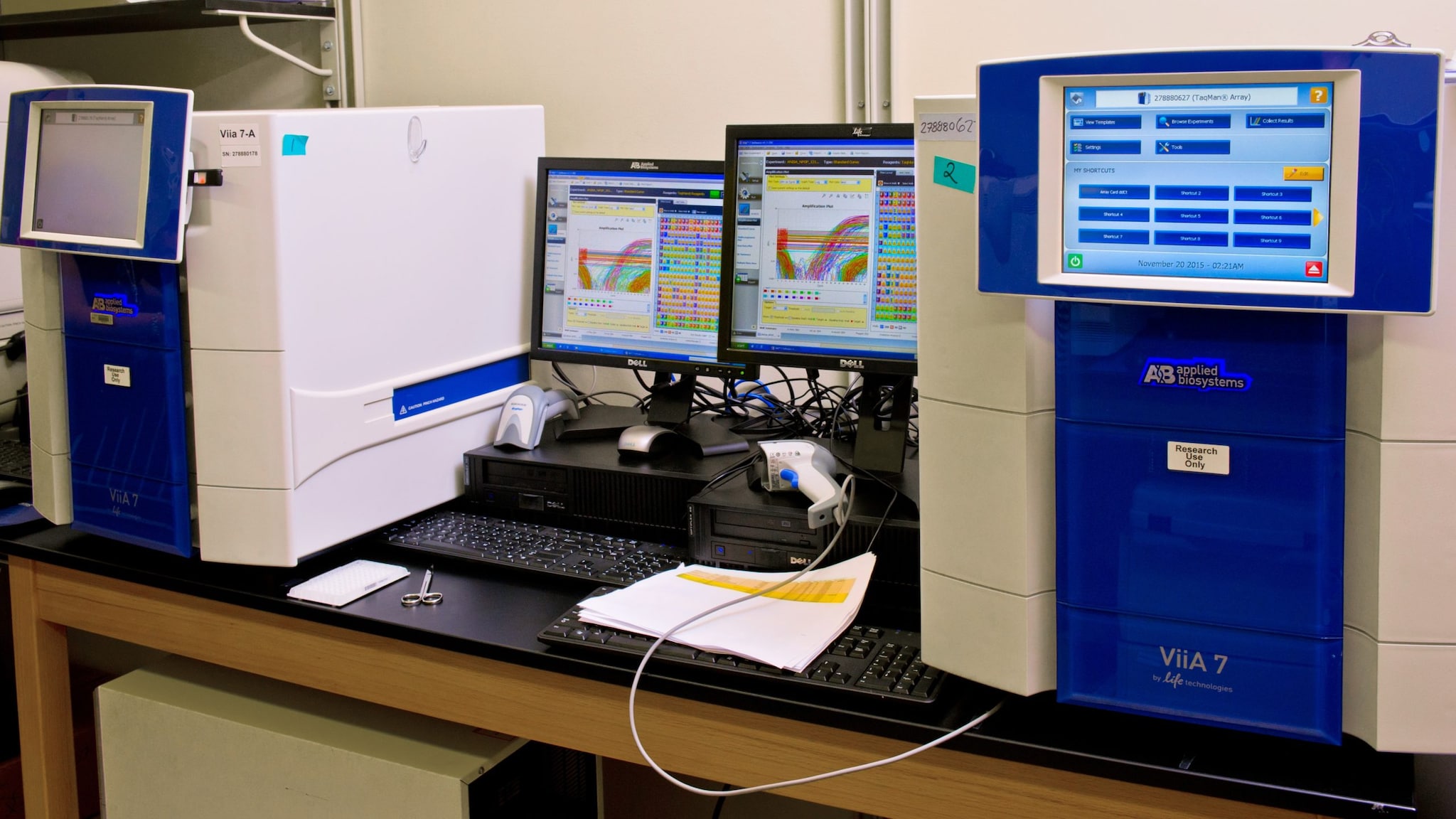Key points
- Laboratories use several methods to detect Chlamydia psittaci: Culture, serology, and nucleic acid amplification techniques (NAAT).
- Other methods, like metagenomic sequencing, have detected C. psittaci, but rarely.
- Some tests are only available in specialized laboratories.
- Be aware that many laboratories may not offer any test for C. psittaci or only test animal specimens.

Lab methods
There are several methods to detect C. psittaci.
Culture of C. psittaci is performed by specialized reference laboratories, but it's time-consuming and not optimal for treatment decisions. It also requires cultivation within a tissue culture, mouse, or chick embryo.
Serological testing is performed in many clinical laboratories but can cross-react with other Chlamydia species. It often requires multiple patient visits to collect acute and convalescent paired sera specimens (time-sensitive sampling). Complement fixation and microimmunofluorescent antibody test are examples of serology tests.
NAAT have high sensitivity and specificity and provide timely results for treatment decisions but aren't widely available in clinical laboratories. These techniques are useful for typing strains but require specialized reagents and equipment. Real-time polymerase chain reaction (PCR) is an example of NAAT.
Specimen collection overview
Depending on the method used, laboratories typically perform tests on
- Lower respiratory tract specimens (sputum and bronchoalveolar lavage)
- Swabs of the nasopharynx and oropharynx
- Serum
In some cases, other specimen types (e.g., stool) may be used.
Submitting specimens
Public health department laboratory staff can forward approved specimens to CDC for specialized testing.
Resources
Case report forms and other resources from the National Association of State Public Health Veterinarians
